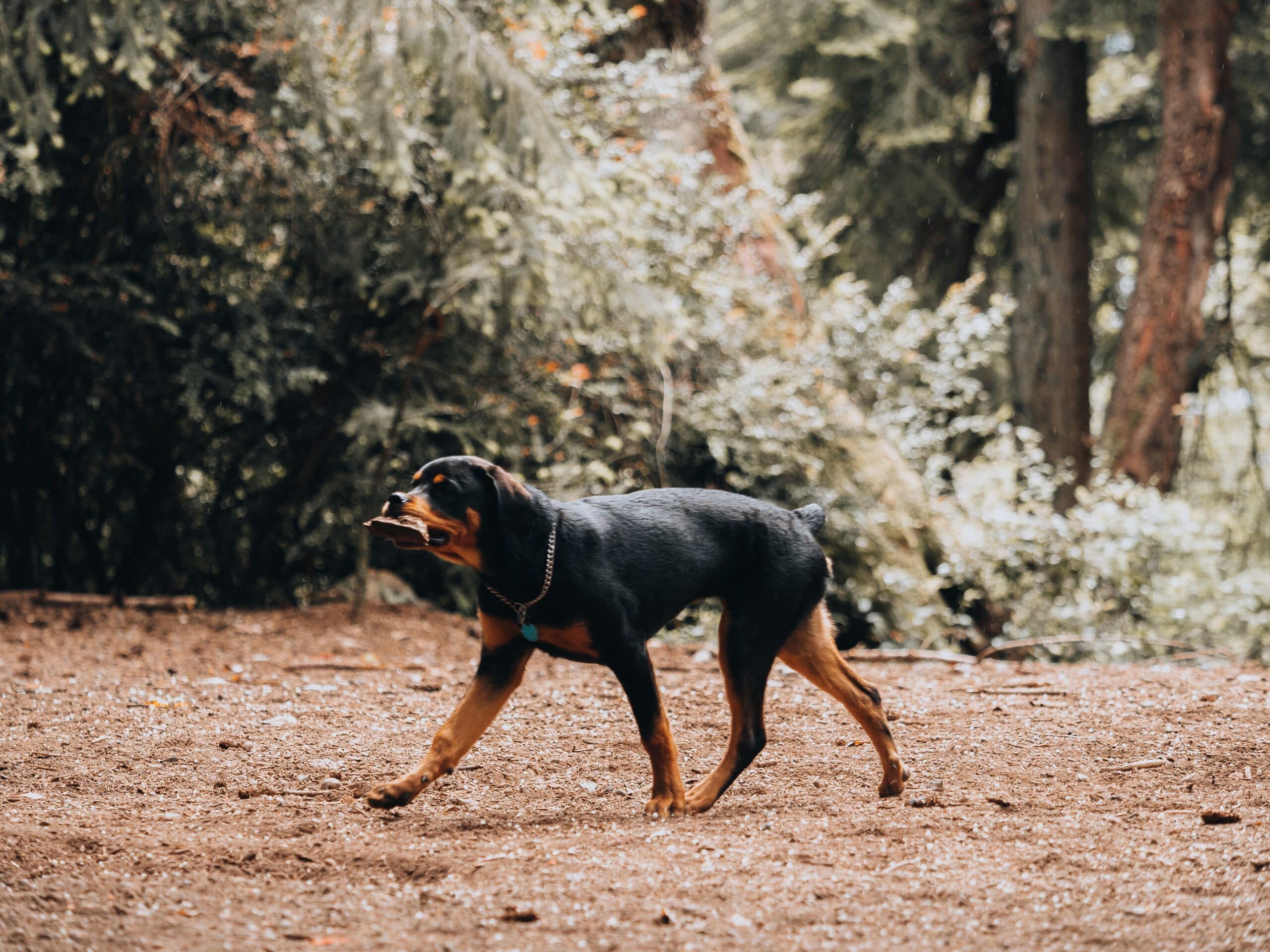When someone is injured on property that belongs to another individual or business, the owners and occupiers of that property may find themselves in trouble if they fail to take reasonable care to ensure the safety of guests, customers, vehicles on that property and an accident occurs to someone because they failed to ensure that reasonable care. In addition to keeping the property safe, owners and occupiers must warn visitors of any unsafe conditions on the property. But a legal blog wouldn’t be very interesting if things were as cut and dry as they seem.
In a recent decision from the Ontario Superior Court of Justice, the court was tasked with determining if a landlord of a residential property can be held liable for injuries that someone visiting the property suffered at the hands of the tenant’s dog. We should warn you that this blog addresses a situation where an animal bites a child.
Visitor suffers injuries from dog owned by tenants of residential building
The injury that led to the case occurred when a dog owned by the tenants of a home bit a six-year-old child in the face. The child was visiting the tenant’s home with her parents. The tenants rented the home from the defendant’s landlord, who was not present on the property at the time of the accident. However, a question over whether or not the landlord can be held liable for damages resulting from an attack by a tenant’s dog arose.
The landlord requested summary judgment on the matter, arguing that there was no genuine issue for a trial because the Dog Owners’ Liability Act places liability for dog attacks solely on the owner of the dog and that any obligations for the safety of visitors to property under the Occupiers’ Liability Act does not apply. The plaintiffs’ position was that they accepted that the DOLA imposes strict liability and that the landlord was not the owner of the dog nor its harbourer. With that said the plaintiffs assert that the landlord breached their common law and statutory duties because they did not inspect the property, keep a copy of the lease, ensure that the tenants had tenant insurance as required by the least, and took no steps to keep the property safe. The plaintiffs argued the dog that bit the child was a hazard on the property, and the landlord should be liable for the damage caused by the dog.
Can landlords be responsible for damage cause by a tenant’s dog?
The court began its analysis by looking at the DOLA, which does assign strict liability for damages on the part of the owner of a dog and that when a bite or attack occurs on the premises of the owner of the dog, liability should be determined by the DOLA as opposed to the OLA. In a 1991 case (no citation available), a judge found no liability on the landlord’s part even though the landlord knew that dogs were being raised where a dog attack occurred. The court ruled that liability fell squarely with the dog’s owner in that case.
This would contrast to a dog bite on property not owned by the dog’s owner. In 2014, the Ontario Superior Court of Justice ruled that if the defendant is not the dog’s owner, liability will not be precluded under common law negligence or the OLA. In that case, the dog attack occurred in a condominium’s common space. The defendant landlord had requested summary judgment dismissing the case, but the court held that there was enough doubt about whether or not the DOLA would shield the landlord from liability that it proceeded to trial.
The court wrote that the events in 2014 were enough of an outlier from what occurred in this case, to dismiss that case as a relevant authority in this matter. However, the court found that the dog’s owners are subject to liability under DOLA and are responsible for any damages that arise under that law. The court went on to write that it was not the intention of the legislature to have OLA apply in situations like the case before it and that DOLA is the appropriate act under which to seek guidance. The court concluded there was no basis by which to place liability on the defendants and that even if the failures alleged by the plaintiff were true, a duty of care had not been established, which would be required to connect said failures to the injuries stemming from the dog attack.
In addition to the OLA, the plaintiffs also submitted that the Residential Tenancies Act also establishes a duty of care on the landlord in that the property must be kept in good repair and be free of hazards. Still, the court dismissed this position because the RTA provisions cited by the plaintiff only applied to common areas and not actual apartments or rented spaces.
Because of these reasons, the court granted summary judgment in favour of the defendant’s landlord.
Contact The Personal Injury Lawyers At Tierney Stauffer LLP If You Need Legal Assistance With Premises and Occupier’s Liability Claims
Serious accidents can happen anywhere and under any number of circumstances. Accidents can happen indoors in a store, outside on a sidewalk, or at someone’s home, and they can happen due to the condition of surfaces, the use of equipment, or, as we see today, dog bites.
Whatever the circumstances of your accident, the client-centred and experienced personal injury lawyers at Tierney Stauffer LLP can provide the necessary guidance to understand your rights, aid in your recovery, and help you obtain the best resolution to your situation.
Our personal injury team has over 35 years of experience practicing personal injury law and has guided hundreds of injured individual clients following their accidents with excellent results. Call us at 1-888-799-8057 or contact us online to set up a free consultation with one of our experienced personal injury lawyers.


